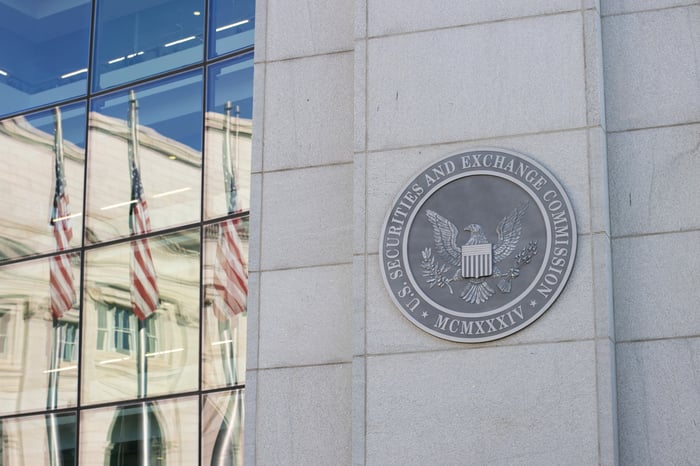Three news to start your week: September 30
US Accuses Visa of Monopoly in Debit Cards
(The New York Times)
The Justice Department launched an antitrust lawsuit against Visa, accusing the financial powerhouse of unfairly suppressing competition in the debit card sector. This action is part of a broader initiative to combat monopolistic practices among major corporations.
According to the complaint, Visa has spent over a decade establishing de facto exclusive agreements with merchants and banks, effectively pressuring them to channel most of their transactions through Visa's payment network. The Justice Department alleges that Visa has maintained its monopoly by imposing or threatening to impose higher fees on merchants that also utilize competing payment networks for debit transactions.
This lawsuit arises from an extensive investigation that has been ongoing for years. It is part of the Biden administration's broader strategy to target corporate middlemen who allegedly inflate fees and abuse their market power across various sectors, from technology to agriculture.
Visa plays a significant role in this dynamic: According to the Justice Department, it processed a staggering $3.8 trillion in US debit transactions over the past year and earns more than $7 billion in processing fees annually. These figures represent over 60 percent of all debit transactions in the country.

Yevgeny Prigozhin secretly used JPMorgan and HSBC for Wagner payments
(Financial Times)
JPMorgan Chase and HSBC inadvertently processed payments for companies in Africa linked to the late Russian warlord Yevgeny Prigozhin as his Wagner private army, under international sanctions, expanded its influence across the continent and faced accusations of horrific human rights abuses.
Documents leaked to the Center for Advanced Defense Studies (C4ADS), a Washington-based think tank, reveal that in 2017, a Sudanese firm controlled by Prigozhin procured industrial equipment from China, with transactions facilitated by major Western banks.
The Wagner Group, condemned by the US Treasury for "mass executions, rape, child abduction, and other atrocities against innocents" in Africa, gained notoriety for offering mercenary services to oppressive regimes and for its role in Russia's invasion of Ukraine.
These leaked documents illustrate how Prigozhin, whose plane met with disaster last year following an attempted mutiny against Russian President Vladimir Putin, managed to forge a transnational criminal empire in natural resources by covertly exploiting the payment systems of Western financial institutions.

Skael Co-Founder Faces US Fraud Charges
(The Wall Street Journal)
Baba Nadimpalli, the former CEO of Skael, now faces serious criminal charges and a lawsuit from the Securities and Exchange Commission (SEC) for allegedly deceiving investors about the business automation startup's revenue.
Between January 2021 and February 2022, the SEC's lawsuit claims that Nadimpalli raised over $30 million from investors for the San Francisco-based company by falsely stating it generated as much as $7 million in annual recurring revenue when, in reality, the figure was a mere $170,000.
Moreover, the SEC alleges that Nadimpalli misled investors into believing that Skael had reputable companies as clients and even forged bank statements to display payments from non-existing customers. The SEC reveals that federal prosecutors in San Francisco filed related criminal charges against him. Additionally, Nadimpalli is accused of misappropriating investor funds for personal expenses, including at least $270,000 used for mortgage payments, home renovations, and car payments.





